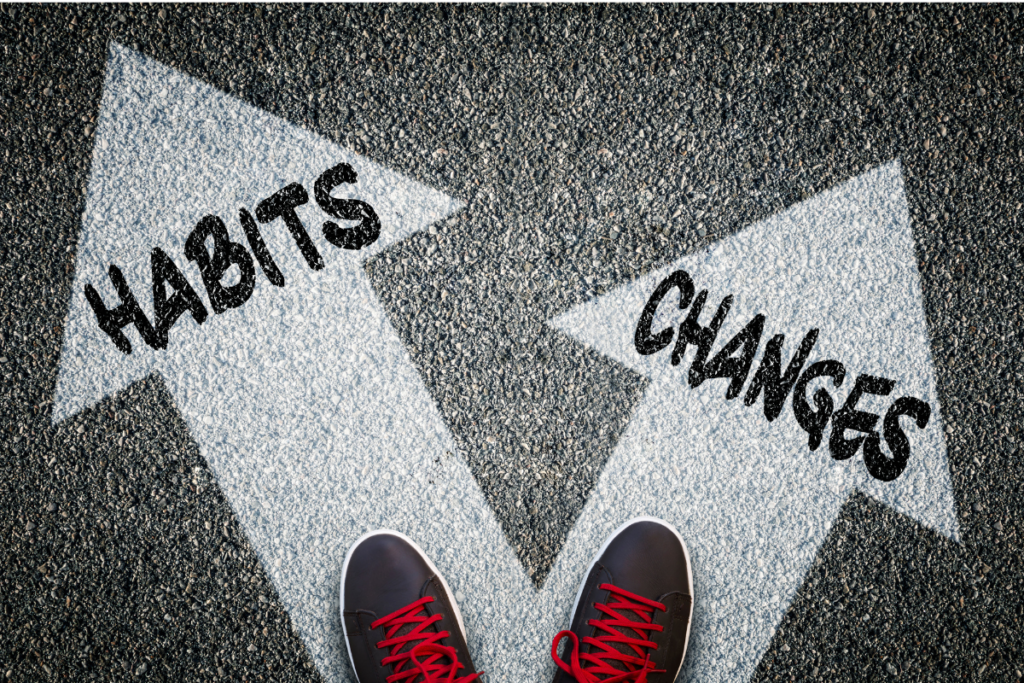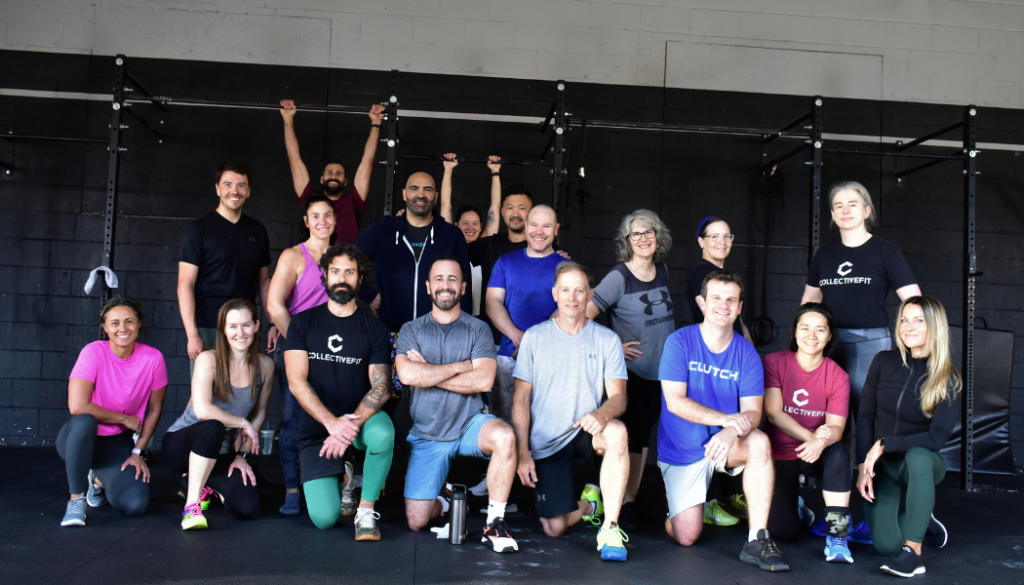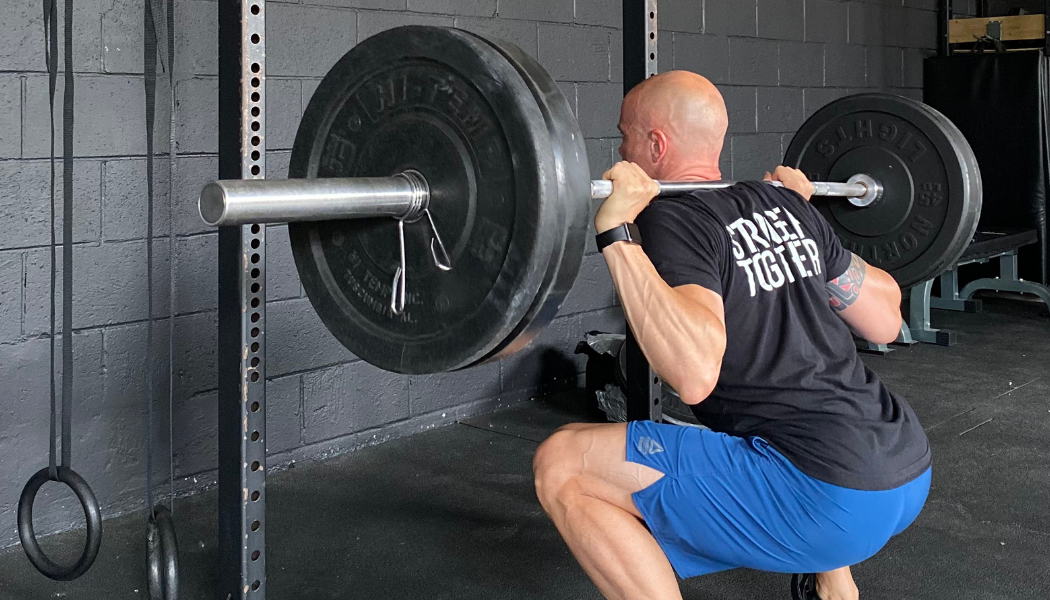ARE YOU EATING ENOUGH?

At the end of the day, looking to burn excess body fat or gain muscle mass, those two goals are what most people look to get out of their fitness routine.
When it comes down to it, many of us are chasing body composition changes that require a little bit of both; to varying extents, most of us want to lose excess body fat and build lean muscle mass.
On the bright side, these are both positive goals to aim for because both could help optimize your health. On the not-so-bright side, many people go about chasing these body composition changes the wrong way.
Dieting by way of extreme caloric deficits is a great way to lose weight fast, but it’s important to recognize that the weight loss achieved through challenges, juice cleanses, and restrictive diets isn’t sustainable. This often leads to yo-yo dieting, which is when people diet to lose weight, gain it all back, diet again, regain the weight, and so on in a perpetual cycle that leads to negative health outcomes and no sustainable weight loss.
Caloric deficits for extended periods of time can also lead to issues for some people. If you’re in a caloric deficit for long enough, your body will adapt to the decreased number of calories by slowing down everything you do. Your workouts will suffer, you’ll fidget less, and even the rate at which your eyelids blink will slow down, all as part of your body’s efforts to save energy because you’re in a chronically depleted state. This often leads to a plateau in weight loss even if you continue to put yourself in what you think is a larger caloric deficit.
In this situation, a caloric deficit can be a stressor that, when combined with other stressors like high-intensity fitness and poor sleep, can put people into a deep hole of inflammation that they would need to dig themselves out of before being able to effectively burn fat or build muscle.
Essentially, eating less can, in some cases, actually be detrimental to your goal of seeing positive changes in body composition.
One Thing To Try This Week
For some people, trying a reverse diet can actually be a potent tool in getting things back on track in terms of nutrition. Use this week to audit how you’re feeling and what progress you’re making (or not making) in order to determine if a reverse diet might be something worth trying.
A reverse diet simply means gradually adding more food to your daily intake while carefully monitoring your weight and how you feel.
If you’ve been in a caloric deficit for over 12 weeks, if you feel hungry all the time, or you’ve hit a weight loss plateau, a reverse diet might be a good idea. Poor sleep and poor performance at the gym can also be red flags indicating that it might be time to eat more, not less.
If you find yourself feeling better with more food and you don’t immediately see your weight go up as a result, you’re on the right track. A reverse diet for a few weeks might be just what you need to get back on track towards feeling good and making real, sustainable progress towards your goals.
For a free consultation, click the link to book a call – https://msgsndr.com/widget/appointment/service/no-sweat-intro?group=collectivefit
The post ARE YOU EATING ENOUGH? appeared first on CollectiveFit.
More Posts





